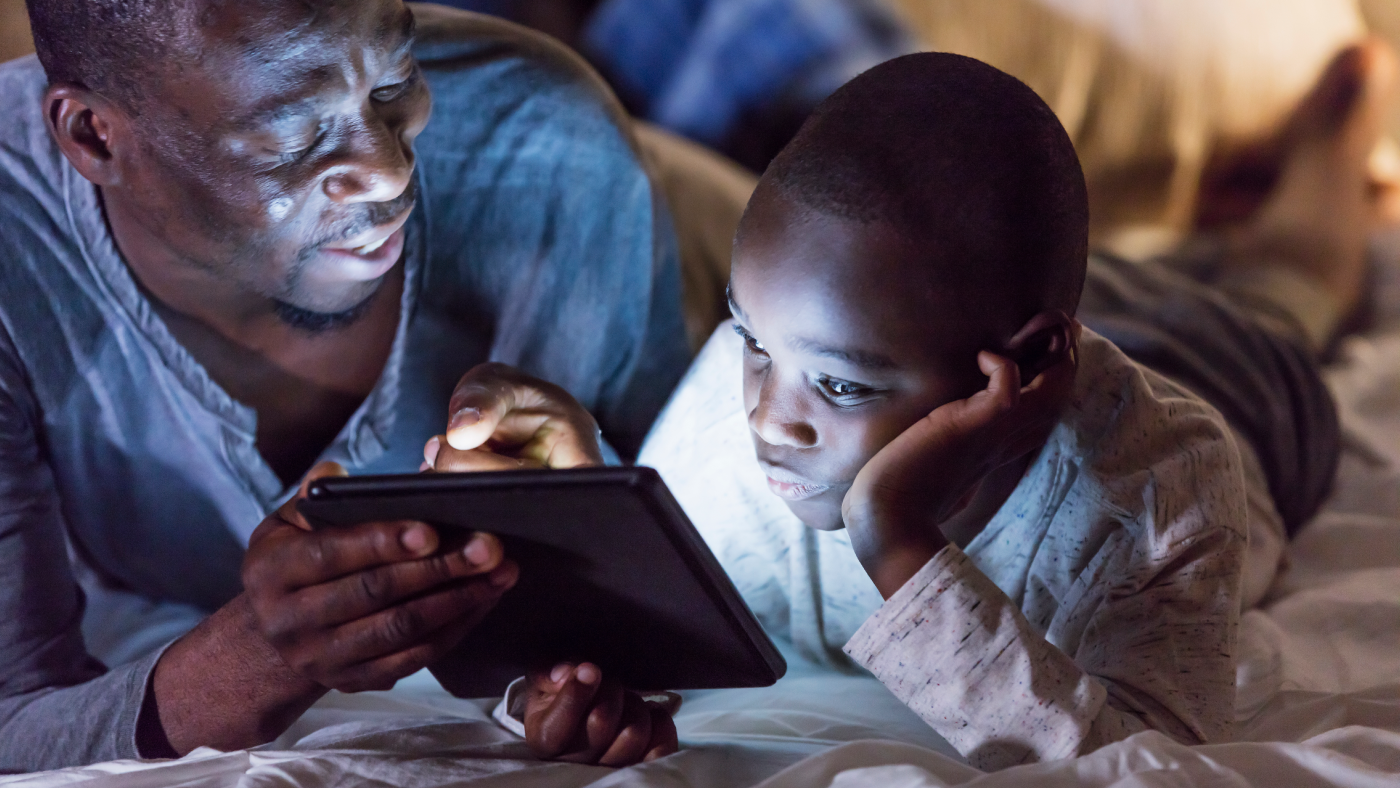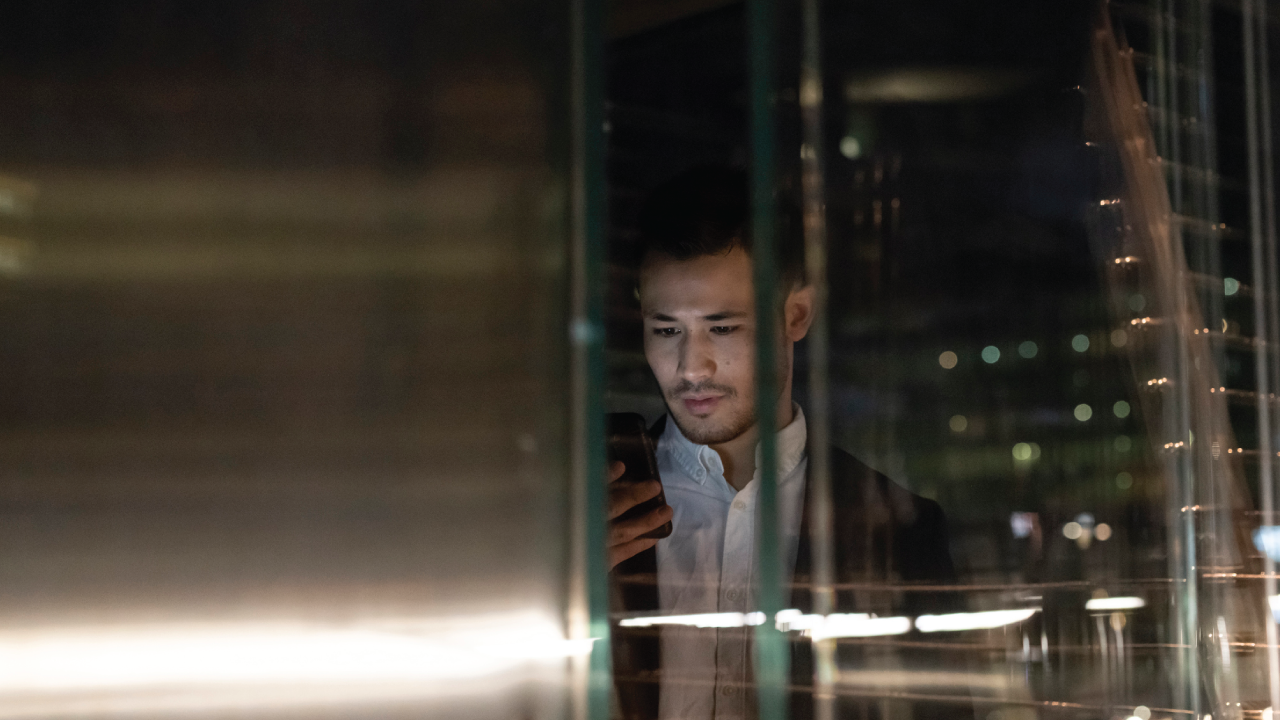The Broadband Difference
The presentation highlights our findings about how broadband users are different from dial-up users.
The presentation highlights our findings about how broadband users are different from dial-up users.
Those who have home broadband connections use the Internet differently from those who have dial-up connections. Broadband users spend more time online, do more things, and do them more often than dial-up Internet users.
Disease information, material about weight control, and facts about prescription drugs top the list of interests for health seekers. A typical health seeker searches for medical information only occasionally, and she relies on search engines and mult...
Information on the Web is important to significant numbers of Americans when they are making important choices related to education and job training, investments and big-ticket purchases, and health care for themselves or for loved ones. Online mater...
Sixty-eight million Americans have used the Web sites of government agencies, a figure up from 40 million such users two years ago. They exploit their new access to government in wide-ranging ways, finding information to further their civic, professi...
The speech covers our basic findings about how people used the Internet immediately after 9/11.
As Americans gain experience online, they use the Internet more for their jobs, to make more online purchases and carry out other financial transactions, and to write emails with more significant and intimate content.
Covers our basic findings related to how people use government Web sites.
2001 holiday season sees more e-commerce, and more online socializing Washington, D.C.–Women topped men in holiday online shopping – 58% of those who bought gifts online during the most recent shopping season were women. This is part of a broader story about advances in e-tailing as more people spent more money this year compared to […]
Online Holiday shopping grew this season from the previous, though Internet users also increasingly use the Internet during the holiday season to search for information on travel, holiday crafts, recipes and traditions.

Roughly four-in-ten Americans have experienced online harassment. Growing shares face more severe online abuse such as sexual harassment or stalking.
Two-thirds of parents in the U.S. say parenting is harder today than it was 20 years ago, with many citing technologies, like social media or smartphones, as a reason.
From distractions to jealousy, how Americans navigate cellphones and social media in their romantic relationships.
Majorities of U.S. adults believe their personal data is less secure now, that data collection poses more risks than benefits, and that it is not possible to go through daily life without being tracked.


